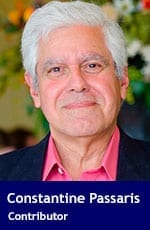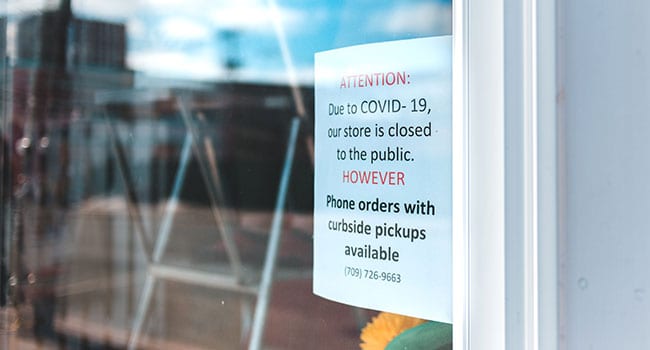 The COVID-19 global pandemic has set science and the economy on a collision course.
The COVID-19 global pandemic has set science and the economy on a collision course.
Governments around the world face a debilitating dilemma: to select appropriate public policy in response to science or the needs of the economy.
Canada’s federal, provincial and territorial governments aren’t immune to this dilemma.
Should public policy be grounded on scientific evidence and err on the side of caution? Or should it take a calculated risk and restart the economy sooner rather than later?
As we see a reduction in COVID-19 infections, we have a desire to return to some kind of normalcy and an impatience to restart the economy. And with that, a battle royal has bloomed between science and the economy.
On one hand, medical science has been challenged by a global pandemic that’s uncharted territory. In the absence of collective experience in dealing with this virus, science is taking a careful and tempered approach. It’s embracing an attitude that it’s better to err on the side of caution than rush in with brash decisions.
On the other hand, businesses are hurting. Fixed costs such as rent, heat and electricity bills need to be paid even when your business is in lockdown. If your costs are going north and your revenues are going south, you don’t need to call Warren Buffett to find out you’re in trouble.
The problem is that science and business aren’t compatible. Science is methodical, fact based and tends to err on the side of caution. Business is more impulsive, opportunist – an instinctive risk-taker.
Advancing on independent and parallel tracks, science and business can flourish on their own.
The game changer was the advent of COVID-19, which forced science and business to co-exist and work hand in hand. As William Shakespeare wrote in Hamlet, “there’s the rub.”
The purpose of science during the COVID-19 tsunami is to save lives.
The natural inclination of business is to make money and, in the pursuit of lucrative profits, businesses are prepared to take calculated risks.
The wild card in this decision-making process is the element of risk. Science is used to making evidence-based decisions, while businesses are prepared to underwrite a portion of loss based on risk taking. Science doesn’t lend itself to negotiation, bargaining and restructuring the way business operations do.
There’s no denying that extreme measures aren’t sustainable in the long term. Social and economic forces are pushing for a return to a new kind of normalcy.
However, the road ahead is unpredictable and unknown.
COVID-19 hasn’t been tamed and this biological brush fire could flare up again. Different scenarios predict second and third waves of infections, accompanied by a crushing impact on our health-care system and a more aggressive death toll.
So the path forward requires due diligence, a flexible reaction plan and the resources to confront an acute spike in infections.
In confronting our new normal – defined by our co-existence with COVID-19 – the element of risk isn’t limited to a financial loss. The more formidable penalty is an increased death toll.
We face a balancing act between risking lives and risking livelihoods.
The stakes are high and the consequences are uncertain. At a time when optimism should drive the way forward, it’s necessary to be grounded in realism.
The federal, provincial and territorial governments have an important role to play in refereeing this battle. They must encourage science to speed up the process for a cure and a vaccine, providing scientists with resources and support to reach their destination as quickly as possible.
Governments must also apply due diligence and take the advice of medical experts regarding the different phases and timing for the reopening of the economy.
The end game should always be that human lives matter and the safety and well-being of our citizens is paramount.
Dr. Constantine Passaris is a professor of Economics at the University of New Brunswick.
The views, opinions and positions expressed by columnists and contributors are the author’s alone. They do not inherently or expressly reflect the views, opinions and/or positions of our publication.

